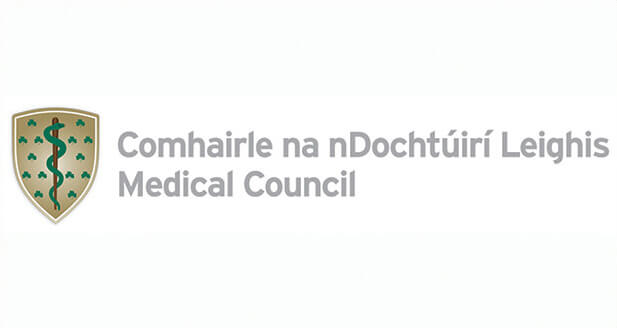
This is an extract from The Times UK newspaper. To read the full article on The Times website click here. HRBR consultant Dmitri Wall was interviewed in The Times UK as part of the below article, How can I prevent hair loss?
It’s normal to lose some hair, according to the NHS, which says that we can shed between 50 and 100 hairs a day. Some forms of hair loss such as male and female pattern baldness are permanent. Other types of hair loss caused by cancer treatment or an iron deficiency, for example, may be temporary.
A study published this week in The Lancet found that nearly 25 per cent of Covid patients experience hair loss within six months of infection. Here, the experts share their top tips on what to do if you’ve noticed that more of your hair is falling out.
Dmitri Wall
Consultant dermatologist and assistant professor at University College Dublin’s school of medicine
Hair shedding does not necessarily mean that there is a problem with your hair growth. Hair loss is a normal part of the hair cycle and is the means by which older hair is replaced with new hair every few years. An increase in hair fall may be transient and reassuring, such as the seasonal variation in hair fall that peaks in autumn in the northern hemisphere.
But hair fall can also represent a response to systemic problems affecting the body or specific hair loss disorders. Significant physical stressors, for example following a febrile illness, are also well-recognised causes. Androgenetic alopecia, also known as male or female pattern hair loss, is the most common hair disorder associated with an increase in shedding.
Alopecia areata, an autoimmune condition that typically presents with hair shedding and patchy hair loss, has an estimated 2 per cent lifetime risk of developing in any given person. While a simple internet search reveals many supplements and remedies that appear to benefit any type of hair loss, most have little good evidence of being of benefit outside very specific circumstances.
The most beneficial first step is to obtain a reliable diagnosis. If you’ve had Covid-19, an international collaboration of dermatologists and hair scientists have provided an anonymised means by which your doctor can record a small amount of information regarding your case at secure-derm.com. We hope that this study will help to clarify evidence suggesting that androgenetic alopecia may confer a higher risk of poor outcomes from Covid-19.








